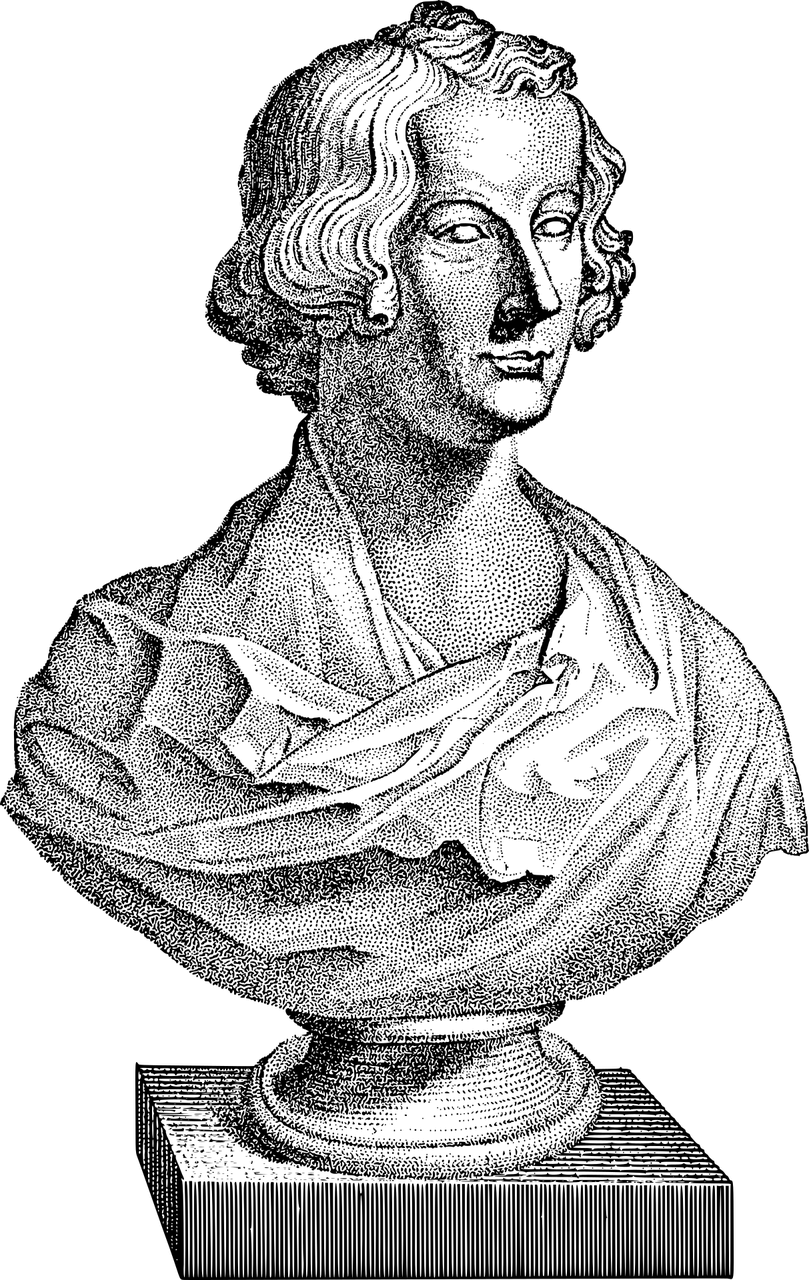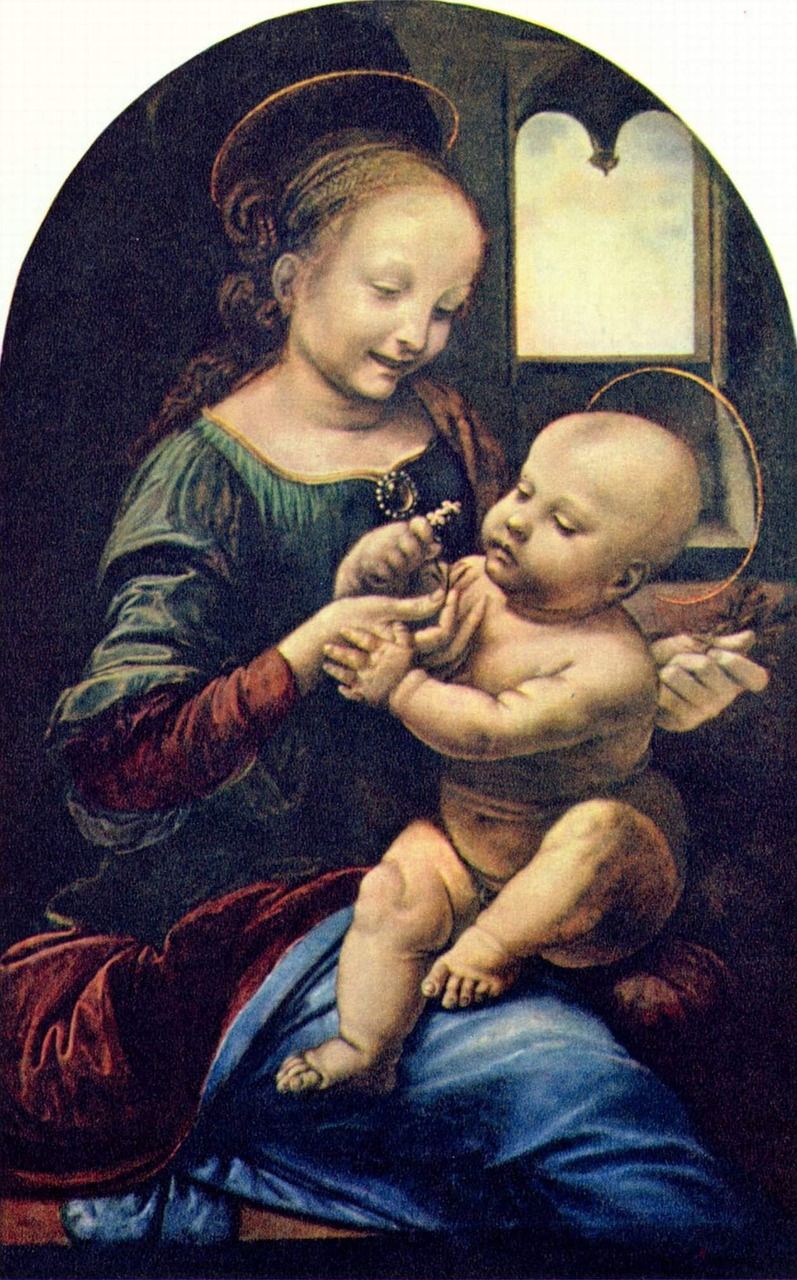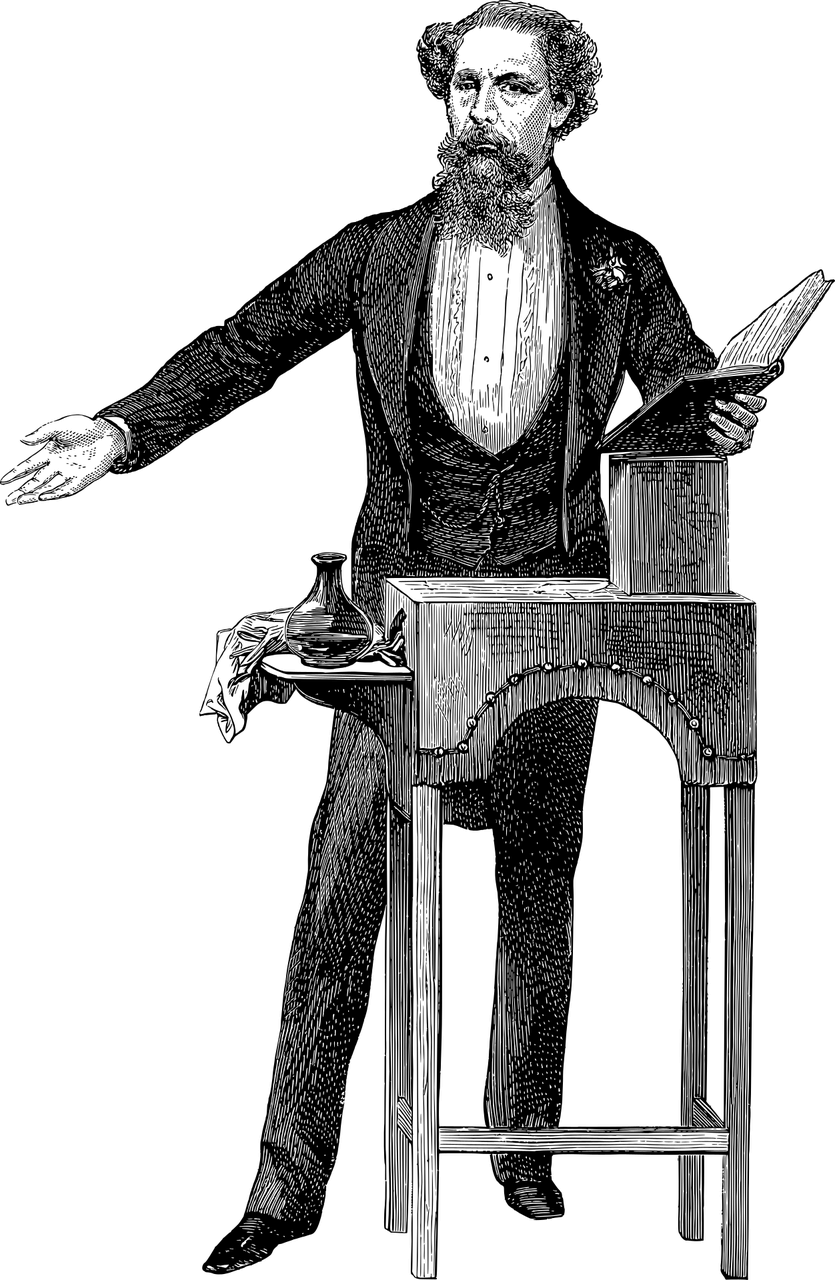Homer Simpson: The Quintessential Everyman of Our Time

Introduction:
Homer Simpson, the lovable patriarch of the Simpson family, is a character that has resonated with audiences worldwide. Created by Matt Groening, Homer embodies the average American working-class man, representing the joys, struggles, and idiosyncrasies of everyday life. With his iconic voice and unmistakable catchphrases, Homer has become a cultural icon and a symbol of modern pop culture. In this article, we will delve into the fascinating world of Homer Simpson, exploring his evolution, significance, and enduring legacy.
Evolution of Homer Simpson:

Homer Simpson first burst into the scene in 1987 as a short cartoon on “The Tracey Ullman Show.” Originally intended as a vehicle for brief comedic interludes, Homer quickly captured the hearts of viewers with his relatable personality and comedic mishaps. This led to his own television series, “The Simpsons,” which premiered in 1989. Since then, Homer’s character has evolved significantly, both in terms of appearance and depth.
Initially, Homer was portrayed as a bumbling, donut-loving, and beer-drinking family man. However, as the series progressed, Homer’s character became more complex, showcasing his heartfelt moments, struggles with self-esteem, and growth as a responsible father. Despite his flaws, Homer’s genuine love for his family and unwavering optimism make him endearing to fans across generations.
Homer’s iconic catchphrases, including “D’oh!” and “Tasty, tasty donuts,” have become deeply ingrained in popular culture and widely recognized symbols of the show. These phrases, accompanied by Homer’s distinct voice provided by Dan Castellaneta, have given the character a unique identity and contributed to his enduring popularity.
Homer as a Cultural Phenomenon:
Homer Simpson is more than just a cartoon character; he has become a cultural phenomenon. The Simpsons, with Homer at the forefront, accurately reflects and satirizes the American way of life, tackling various social and political issues with humor and wit. The show’s sharp and intelligent writing has made it a staple for critical acclaim, garnering numerous awards and accolades over its long run.
Homer’s influence extends beyond television; he has seeped into every aspect of popular culture. From merchandise and video games to references in other television shows and movies, Homer’s impact is undeniable. Furthermore, the character has become a subject of academic discourse, with scholars analyzing his representation of masculinity, suburban life, and American society.
Homer Simpson’s Enduring Legacy:
Over three decades on the air, Homer Simpson has left an indelible mark on popular culture. As the longest-running primetime scripted series in television history, “The Simpsons” has inspired countless other animated sitcoms and paved the way for the acceptance of animation as a legitimate storytelling medium.
Homer’s relatability and journey resonates with audiences of all ages, making him a beloved character for generations to come. His depiction of the everyday struggles faced by ordinary individuals provides comfort and laughter, reminding us that imperfection is what makes us human.
In conclusion, Homer Simpson is a cultural icon who has stood the test of time. From his humble beginnings on “The Tracey Ullman Show” to his status as a symbol of modern pop culture, Homer’s evolution as a character reflects the growth and complexity of society itself. With his humor, relatability, and genuine love for his family, Homer continues to charm and entertain audiences around the world. So remember, next time you hear “D’oh!” or catch a whiff of a tasty donut, raise a glass to the lovable, flawed, and unforgettable Homer Simpson.
Sources:
– “The Simpsons: A Complete Guide to Our Favorite Family” by Matt Groening
– “The Simpsons and Philosophy: The D’oh! of Homer” edited by William Irwin
– “Planet Simpson: How a Cartoon Masterpiece Defined a Generation” by Chris Turner





